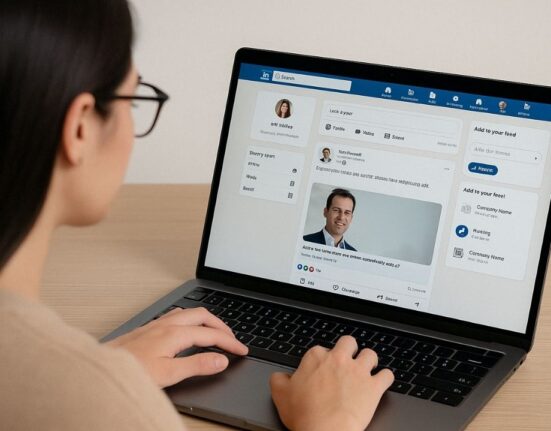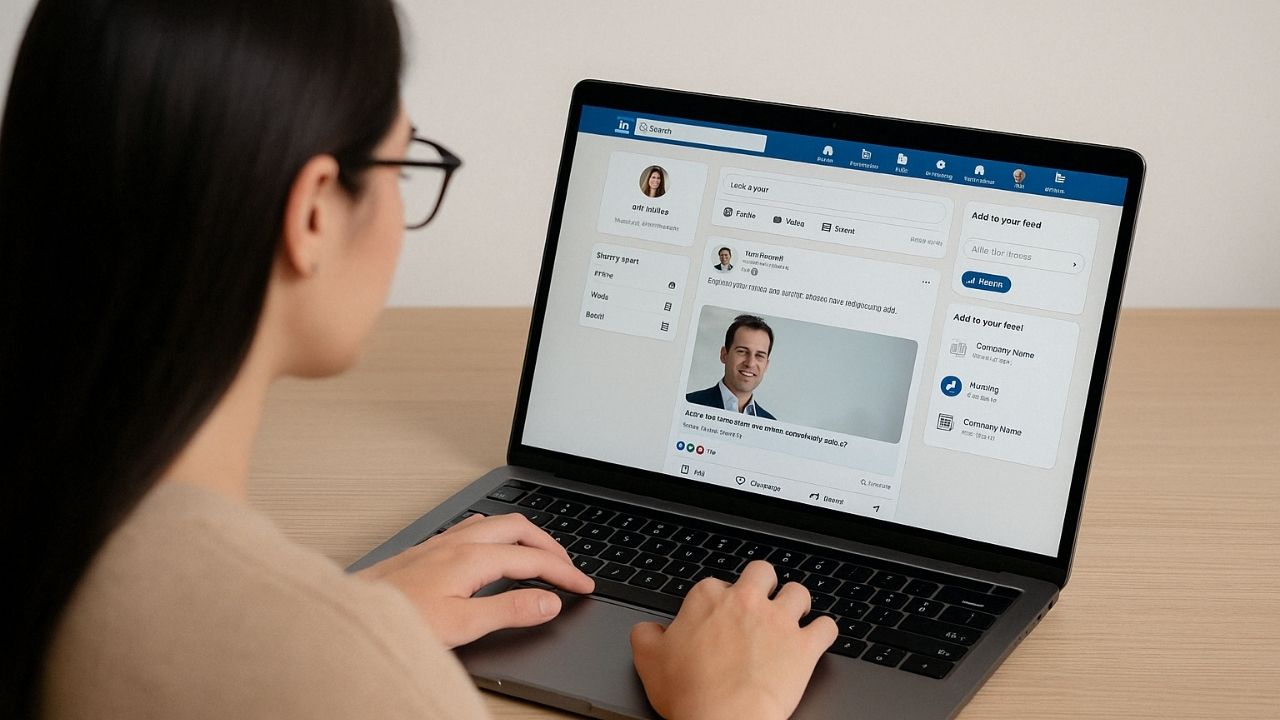As a small business owner, staying ahead of the marketing game in 2024 is crucial. Marketing for small businesses is becoming more and more complex as technology advances and society shifts. Small businesses must constantly stay on top of the latest trends and strategies.
Marketing involves researching, understanding customer behavior, and implementing the most effective techniques. We will explore the emerging marketing trends that small business owners need to keep a close eye on for 2024. We will also delve into how to implement small business marketing trends and provide a few examples of businesses that have leveraged these trends to grow their business.
1. Artificial Intelligence (AI) Customer Service Chatbots
Small businesses are always looking for opportunities to innovate while staying lean. Artificial intelligence (AI) powered chatbots are one of the new business trends in the market. These chatbots are a thing of the future that have gained popularity in recent years.
They allow business owners to provide instant responses to customers 24/7 without human intervention. AI chatbots also offer personalized experiences and instant customer feedback.
A great example is Domino’s Pizza. They integrated an AI chatbot to take customers’ pizza orders through Facebook Messenger, delivering an interactive and personalized experience that significantly increased sales.
As a small business owner, review your customer feedback, identify what customers often seek, and consider implementing an AI-powered chatbot to bolster your customer service efforts.
2. Social Media Selling
Online retail sales account for more than 30% of total retail sales in the US. With e-commerce in an exponential growth pattern, social media has created new channels for businesses to sell them on.
Leveraging social media channels like Facebook, Twitter, Instagram, and TikTok is another well-known small business marketing trend. These channels provide the perfect place for your businesses to showcase your products and services. This makes it easy for customers to find, purchase, and share products without ever leaving your social accounts.
If you’re in the retail business, investing in high-quality photos and videos that showcase your products will make it easier for you to create a buzz around your business.
To effectively leverage social media selling for your small business, it’s crucial to understand your target audience and their preferred social platforms.
- Make use of analytics tools
- Develop high-quality, engaging content that showcases your products or services
As an example, streetwear brand Supreme effectively uses Instagram to launch new products, creating buzz and demand among its target audience. They use high-quality photos and videos to showcase their products, creating a unique brand aesthetic that’s instantly recognizable to their customers.
3. Video Marketing
Video content is another one of the most effective digital marketing trends in the market. It is one of the highest consumed content online, making up more than 80% of internet traffic. Live streaming and pre-recorded video content allow businesses to provide insights into their brand and interactively connect with their audience.
To successfully implement video marketing in your small business, various tools are available to help you create, edit, and share high-quality videos. These include video editing software like Adobe Premiere Pro or iMovie for high-quality professional videos. For simpler videos or animations, tools like Canva or Capcut can be useful.
Additionally, consider using platforms like YouTube for hosting and sharing your content and social media platforms like Instagram and Facebook for short-form video content or live streams.
Video marketing is currently one of the most efficient marketing techniques and should not be overlooked. If you’re running a small business, consider partnering with influencers and vloggers to help create engaging video content that your audience will enjoy.
4. Local SEO
Local search engine optimization (SEO) is a method of optimizing your online presence to attract people close to your business. Customers are more likely to become loyal if they feel your business is local and authentic.
It also makes it easier for them to find and locate your business online. Ensure that your business listing is updated with contact information, including phone numbers and addresses. Encourage customers to leave you reviews online and make it easy for them to do so.
5. Personalized Marketing
Personalized marketing allows businesses to deliver unique content and offers to individual customers. This is achieved through data mining and the use of ongoing customer transactional data.
Etsy, for instance, uses machine learning to recommend products based on individual customer search and shopping habits. This strategy of Etsy not only enhances the overall shopping experience but also increases the likelihood of customer satisfaction and loyalty.
Businesses like Etsy that leverage personalized marketing strategies are better positioned to thrive in the competitive landscape.
Small businesses can implement personalized marketing by identifying customer behavior patterns and creating niche marketing. This strategy allows more personalization as it speaks to individual customers through email and mobile applications.
6. Automated Advertising
Automated advertising, also known as programmatic advertising, is a business marketing trend that continues to redefine the advertising landscape. It involves the use of software to purchase digital advertising, as opposed to traditional processes that involve human negotiation.
This automation makes the purchasing, placement, and optimization of advertising processes more efficient. By using customer data, these ads are also more targeted and relevant to the consumer.
Platforms like Google AdWords and Facebook Ads Manager allow small businesses to configure and automate their advertising campaigns based on specific goals, audience segments, and budgets.
Businesses like Wayfair are effectively using automated advertising to deliver personalized ads that align with their customer’s preferences and search history. As a small business owner, exploring automated advertising can enable you to reach a larger audience and boost your business growth.
7. User-Generated Content (UGC)
User-generated content (UGC) is any form of content, like reviews, testimonials, posts, photos, etc., that is created by consumers and not by the companies themselves. This type of content adds authenticity and credibility to your brand, as customers trust reviews and recommendations from real people more than any corporate promotion.
Encouraging your customers to share their experiences with your product or service on social media platforms not only creates a sense of community but also serves as a free promotion for your business.
For example, the fashion brand Aerie has seen a great deal of success using UGC, encouraging their customers to share unedited photos of themselves wearing Aerie products on Instagram using the hashtag #AerieREAL.
Final Thoughts
As digital technologies continue to evolve, small businesses must make it a priority to stay informed about new business trends in the market. Focusing on customer experience, retaining customers, and generating leads is essential for successful small business marketing trends to watch out for in 2024.
By investing in AI customer service chatbots, local SEO, social media selling, video marketing, and personalized marketing, small businesses can establish brand recognition, capture their desired audience, and generate profits.
Remember, by regularly reviewing your marketing tactics, staying engaged with your audience, and continuously implementing trends, you establish yourself as a forward-thinking leader in your market niche.
Related Article:
Beyond the platforms: Social media vs Website for Businesses











